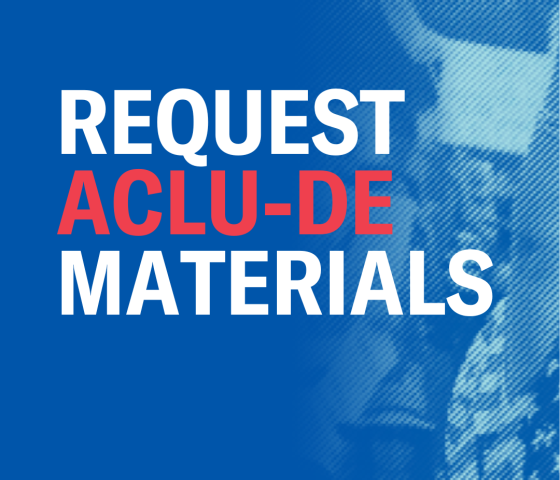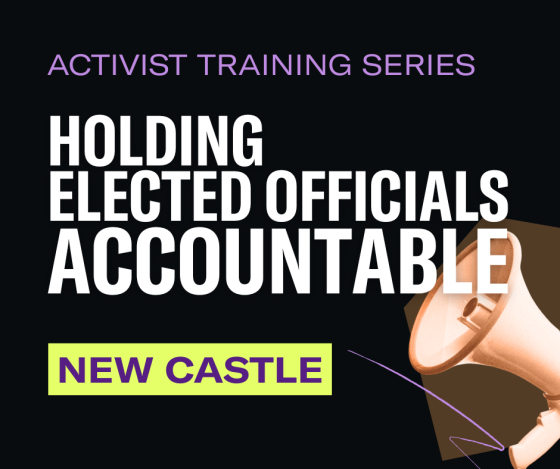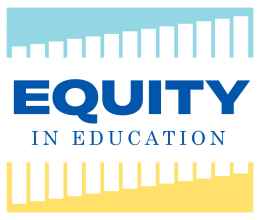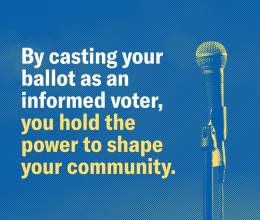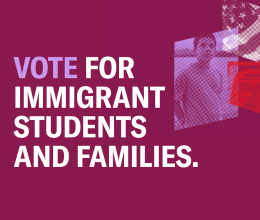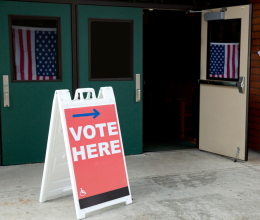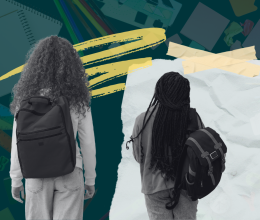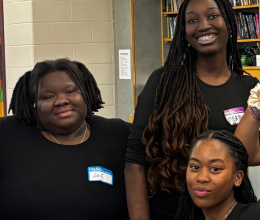The “school-to-prison pipeline” refers to a disturbing national trend wherein children are funneled out of public schools and into juvenile and criminal justice systems.
Implicit biases against Black and brown children cause them to experience harsher discipline than their white counterparts. Many of these children have disabilities or histories of poverty, abuse, or neglect, and would benefit from additional educational and counseling services. Instead, they are isolated, punished, and pushed out.
Here are some of the systemic issues we aim to address.
Failing public schools
For most students, the pipeline begins with inadequate resources in public schools. Overcrowded classrooms, a lack of qualified teachers, and insufficient funding for counselors, special education services, and even textbooks, lock students into second-rate educational environments.
Zero-tolerance and other school disciplines
Lacking resources, facing incentives to push out low-performing students, and responding to a handful of highly-publicized school shootings, schools have embraced zero-tolerance policies that automatically impose severe punishment regardless of circumstances. Rates of suspension have increased dramatically in recent years and have been most dramatic for children of color. Suspended and expelled children are often left unsupervised and without constructive activities. They also can easily fall behind in their coursework, leading to a greater likelihood of disengagement and drop-outs. All of these factors increase the likelihood of court involvement.
Policing school hallways
Many under-resourced schools become pipeline gateways by increasing reliance on police rather than teachers and administrators to maintain discipline. Growing numbers of districts employ School Resource Officers (SROs) to patrol school hallways, often with little or no training in working with youth. The rise in school-based arrests, the quickest route from the classroom to the jailhouse, most directly exemplifies the criminalization of school children.
Legislation
SB 85: The School Discipline Bill
Sponsored by The Honorable Magaret Rose Henry
Status: Signed by Governor Carney in 2018
Senate Bill 85 (SB 85) was a hands-on approach to implementing restorative justice practices in Delaware’s schools and keeping kids in school and out of the hands of the criminal justice system.
SB 85 was necessary because a lack of data on school discipline makes it hard to create changes in our state, and the discipline data that is available is alarming.
- 69 percent of all out of school suspensions in Delaware are for low-level offenses;
- Black students — especially boys — are two to three times more likely to receive a suspension; and
- students with disabilities are two times more likely to receive a suspension.
This bill created a requirement that mandated schools with high out-of-school suspension disparity rates to create a comprehensive corrective action plan with input from administrators, educators, parents, students, and community members.
Reports and resources
Fair Discipline Online Toolkit
This training is a tool for Delaware educators to combat high school discipline rates by learning and adopting systematic approaches that encourage problem-solving and create opportunities for students to take more responsibility for their behavior.
